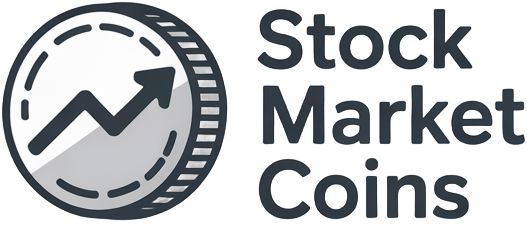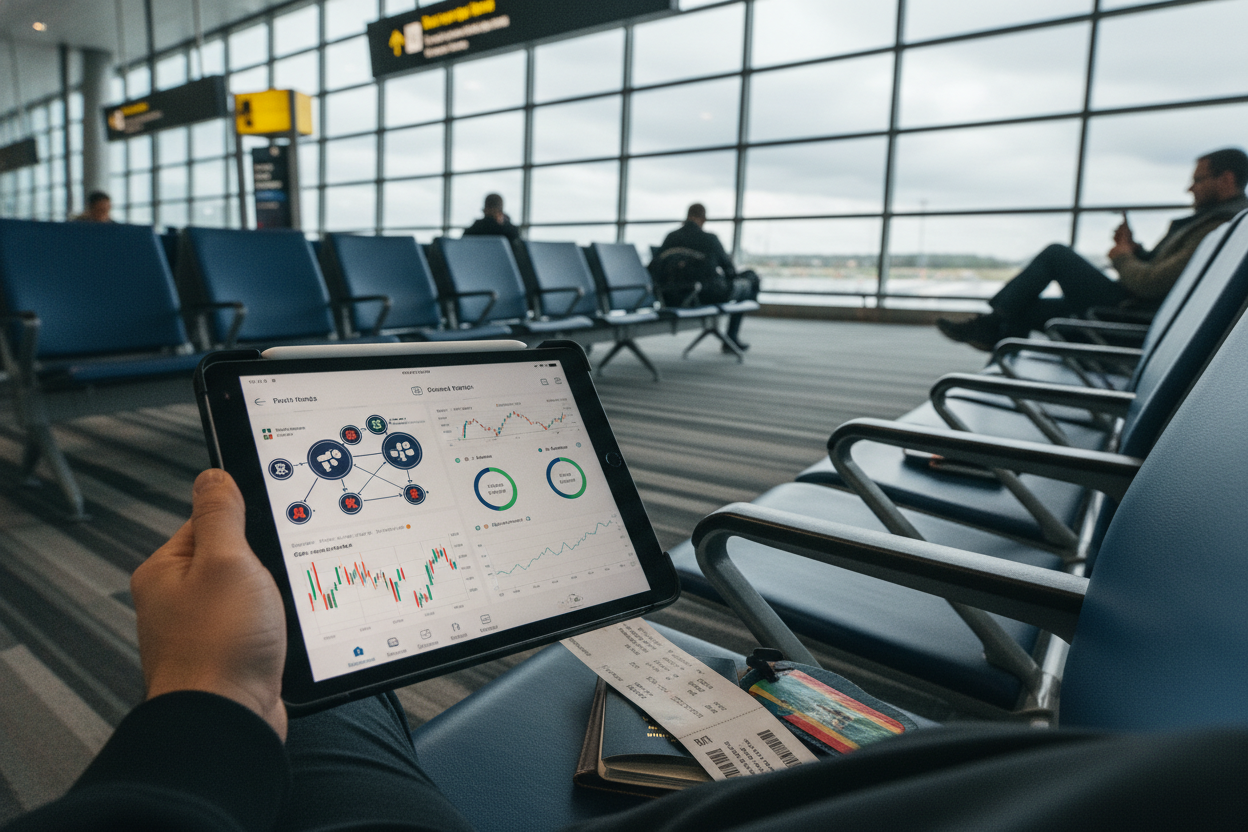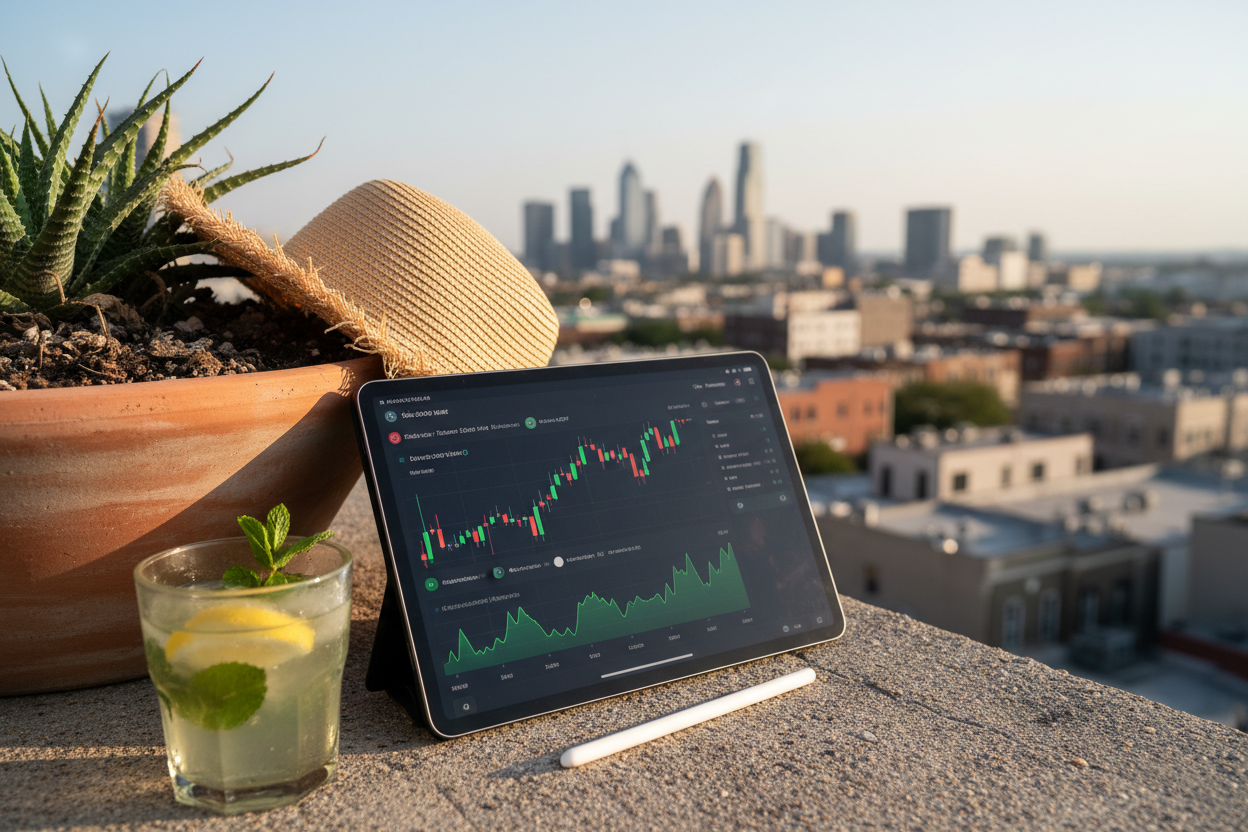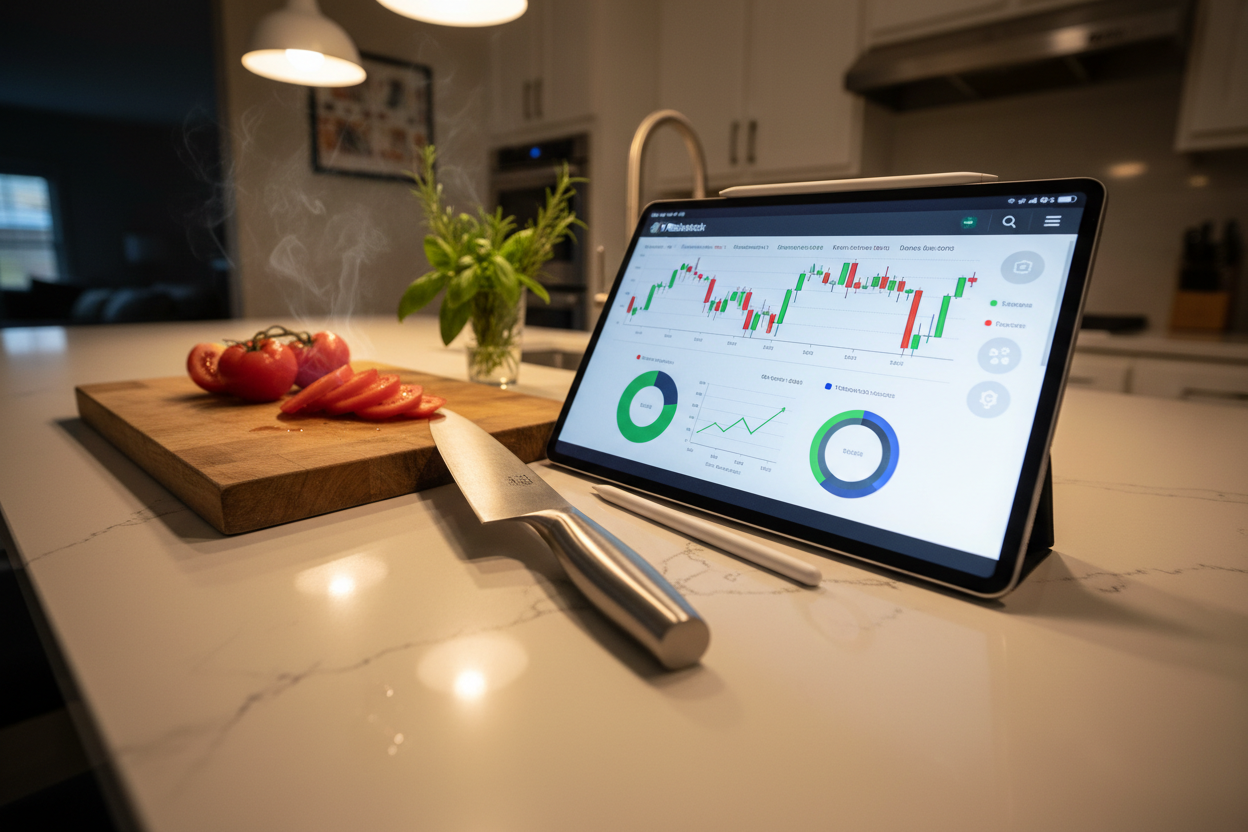How Tokenized Equities are Reshaping Global Market Access for Excluded Investors

For decades, the promise of global capital markets has remained out of reach for millions. Traditional equities have been largely confined to the privileged few with access to established exchanges, compliant brokers, and significant starting capital. But with the ascent of tokenized equities on blockchain platforms, we are witnessing a quiet revolution that is beginning to redraw the boundaries of who can invest, and when.
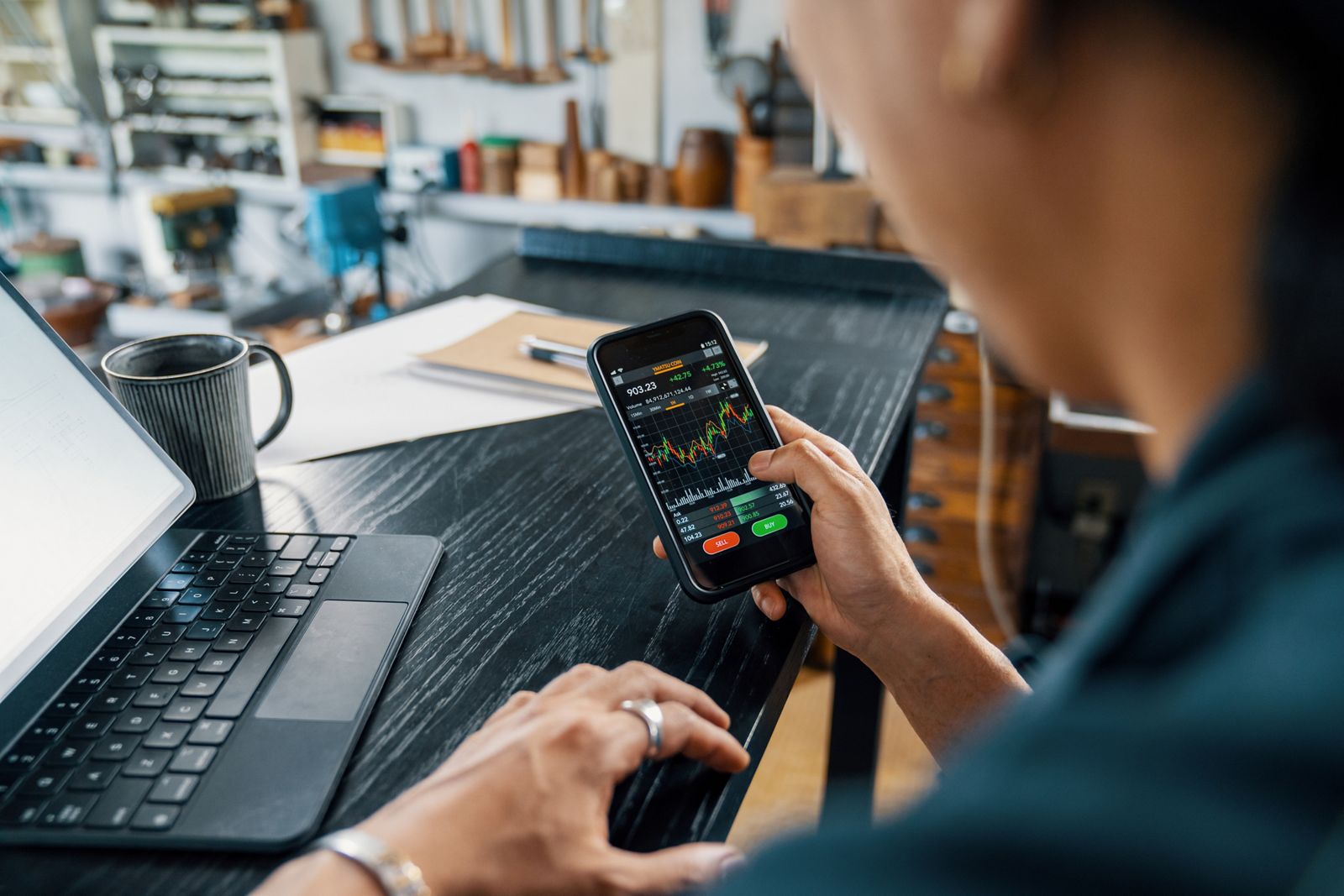
Tokenized Equities: Breaking Down Barriers
At its core, a tokenized equity is a digital representation of a traditional stock, issued and traded on blockchain infrastructure. Unlike their conventional counterparts, these assets offer fractional ownership, 24/7 trading capability, and, perhaps most importantly, radically improved global access. As recent research underscores, this innovation is not just about efficiency or speed; it is about inclusion. For investors in emerging economies or those excluded from legacy systems due to geography or regulation, tokenized equities are a bridge into global markets.
Fractional Ownership: Lowering the Entry Threshold
The ability to purchase fractional shares is transformative for retail investors worldwide. In traditional markets, high-value stocks like Amazon or Alphabet often remain inaccessible due to prohibitive share prices. Tokenization changes this dynamic entirely. Now, anyone with even modest means can own a sliver of blue-chip companies, sometimes for less than the price of a cup of coffee. This democratization promotes broader participation and financial literacy across borders.
Key Advantages of Tokenized Equities for Excluded Investors
-
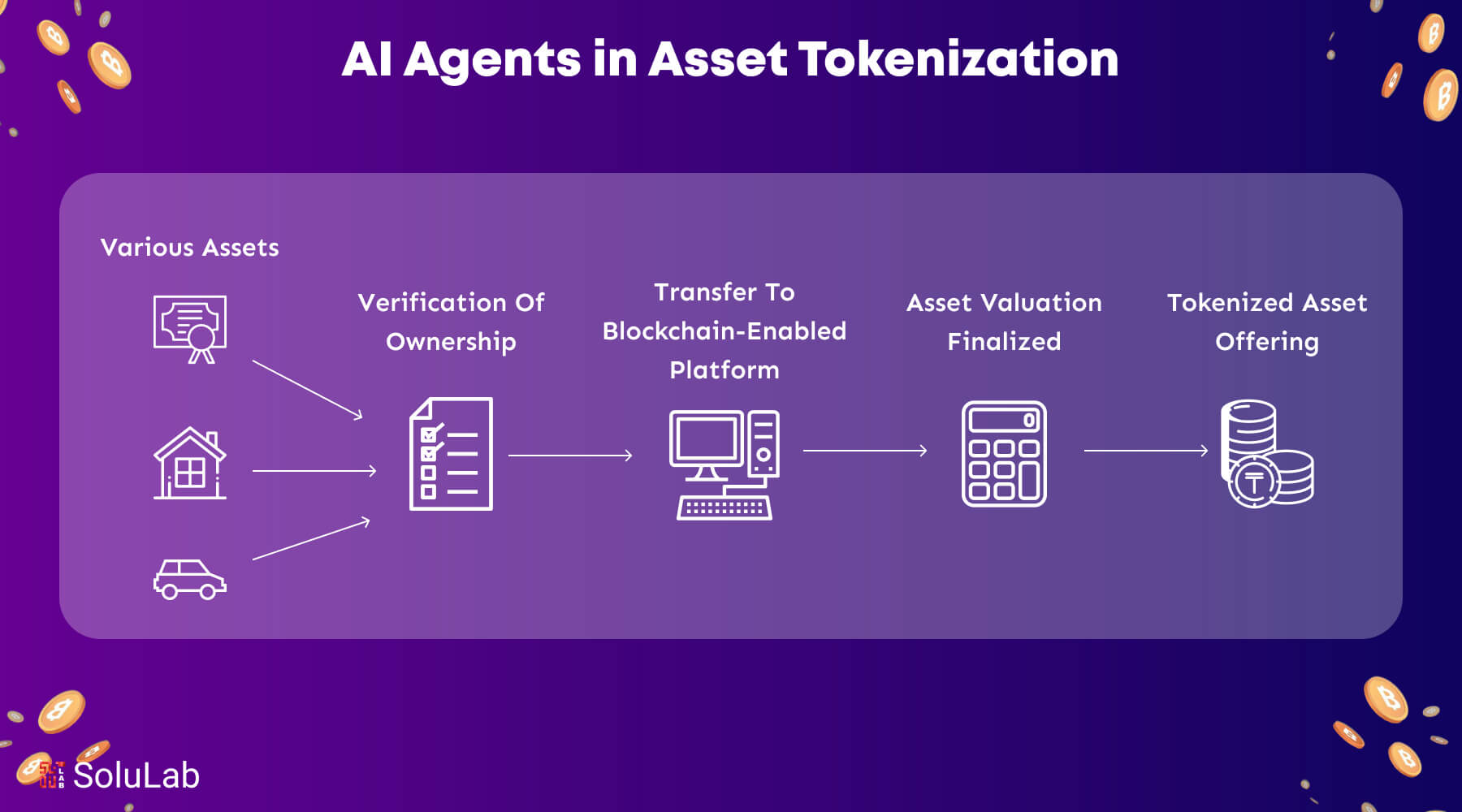
Fractional Ownership Lowers Barriers: Tokenized equities enable fractional purchases, allowing investors to buy small portions of high-value stocks like Amazon, making participation accessible to those with limited capital.
-
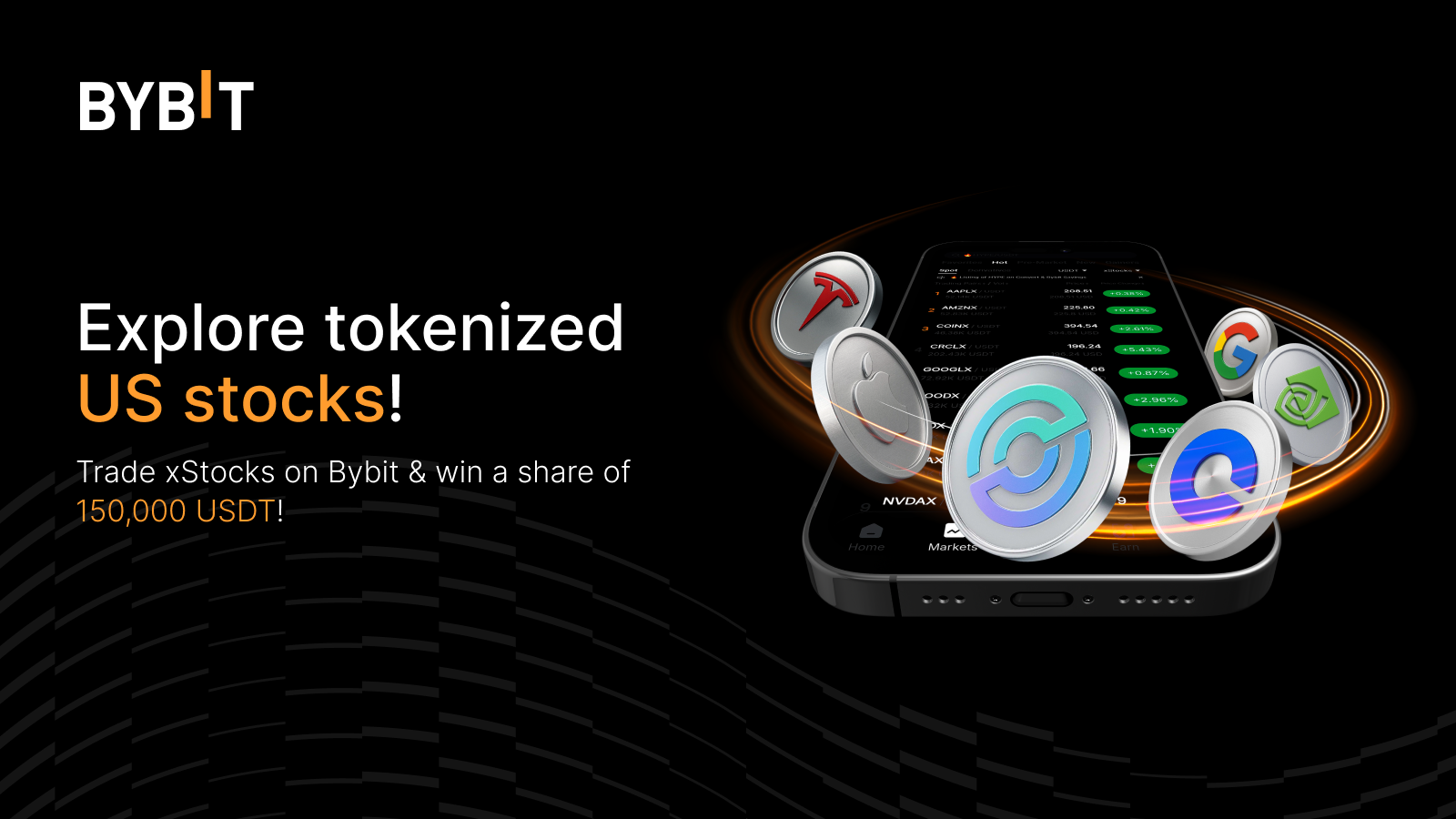
24/7 Global Trading Access: Unlike traditional markets, tokenized equities can be traded around the clock, letting investors respond to market events in real time, regardless of their location or time zone.
-
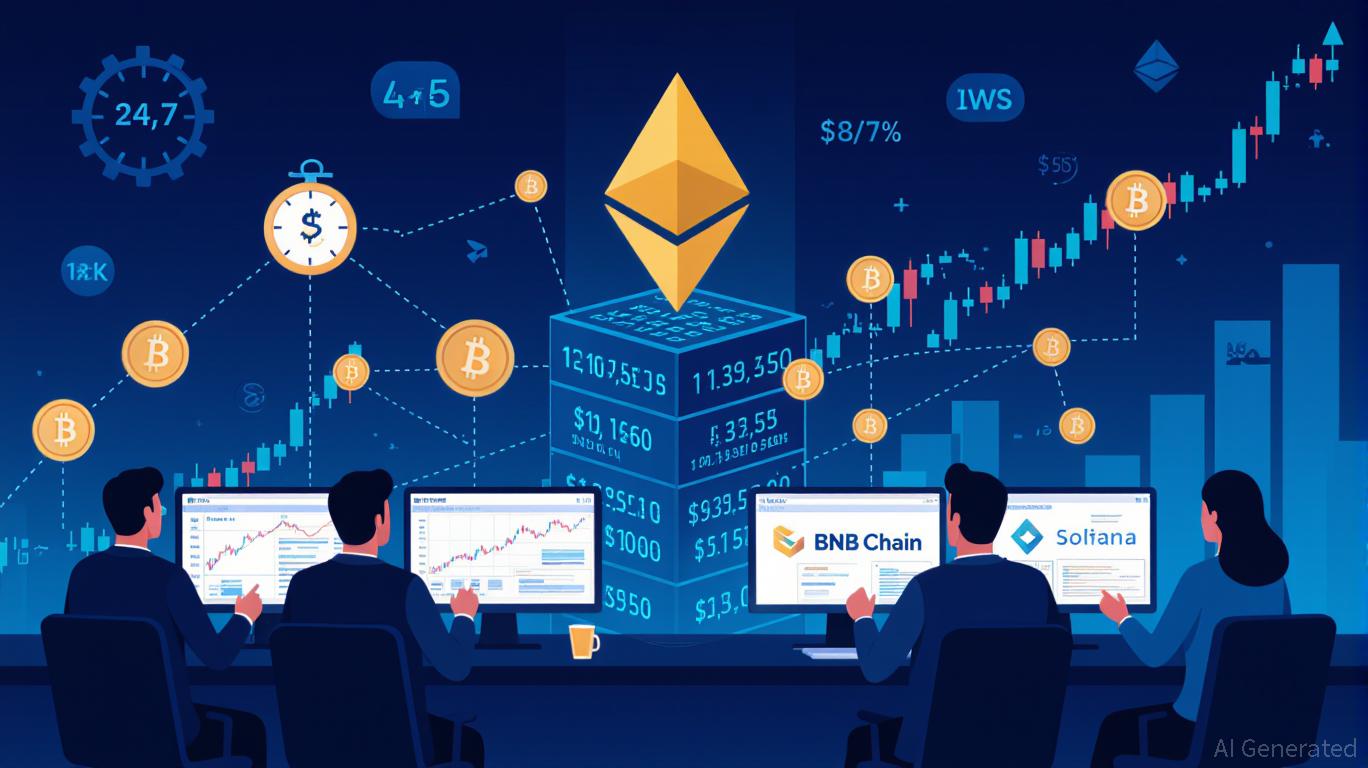
Broader Market Inclusion: Platforms such as Gemini and Mercado Bitcoin provide access to tokenized U.S. equities and other assets, opening opportunities for investors in regions previously excluded from major financial markets.
-

Lower Transaction Costs: By leveraging blockchain technology, tokenized equities often reduce intermediary fees and administrative costs compared to traditional equity trading, making investing more affordable.
-

Increased Transparency and Security: Transactions are recorded on public blockchains, enhancing transparency and security for investors, and reducing the risk of fraud or manipulation.
The impact is already visible in regions where financial infrastructure has lagged or where currency controls have limited investor choice. Platforms such as Mercado Bitcoin have introduced hundreds of millions in tokenized assets to Latin America, opening doors previously closed by bureaucracy or cost barriers.
24/7 Trading: A True Global Marketplace
The sun never sets on the blockchain. Unlike legacy exchanges bound by local trading hours and holidays, tokenized equities can be traded at any time from any location with an internet connection. This continuous trading model allows investors in Asia to respond instantly to news out of New York or London, no more waiting for markets to open after seismic events.
This round-the-clock accessibility also removes friction for diaspora communities and cross-border workers who wish to invest back home or diversify globally without being constrained by time zones or banking hours. As highlighted by Kenson Investments, this new paradigm brings us closer than ever before to truly borderless finance.
Navigating Regulatory and Jurisdictional Complexities
No discussion would be complete without acknowledging the hurdles that remain. Despite their promise, tokenized equities still face significant regulatory scrutiny and jurisdictional restrictions that can limit their reach, especially for U. S. , Chinese, and other major market participants subject to strict compliance regimes (see Bitquery’s analysis). Still, as demand grows and regulators engage in dialogue with industry leaders like Nasdaq (now actively exploring tokenized securities), there is cautious optimism that frameworks will evolve toward greater inclusivity without sacrificing investor protections.
Investor protection is a central concern. While tokenized stocks offer exposure to underlying equities, they often lack the direct legal rights of traditional shareholders. Instead, investors may hold tokens issued by intermediaries, which might entitle them to price appreciation or dividends but not to voting rights or access to company information. This distinction is critical, especially for those accustomed to the safeguards of conventional markets. As Cointelegraph notes, investors must remain vigilant about what their tokens actually represent and what rights they forgo in exchange for convenience and access.
Jurisdictional restrictions further complicate the landscape. Many platforms geo-block users from certain regions due to local regulations, meaning that the dream of borderless investing is still unevenly realized. For instance, Swiss-based Backed Finance restricts users from the U. S. , China, and other jurisdictions to comply with EU and Swiss laws (Bitquery). These compliance protocols can frustrate investors who believed blockchain would erase such boundaries overnight.
Looking Ahead: Market Growth and Inclusion
The market opportunity is immense. Recent research projects that if even 1% of global stocks become tokenized, the market could swell from $500 million today to $1.34 trillion by 2030 (Tiger Research Reports). This isn’t just a theoretical figure; it reflects real momentum as exchanges like Nasdaq explore trading tokenized securities and platforms like Mercado Bitcoin bring $200 million in tokenized assets online across Latin America.
The ultimate promise lies in market access on-chain stocks for excluded populations: those shut out by capital controls, high fees, or lack of local brokerage infrastructure. Tokenization can turn a smartphone into a portal for investment, no matter where you live or how much you start with.
Key Takeaways for Forward-Thinking Investors
- Fractionalization: Lowers barriers and allows micro-investing into blue-chip equities.
- 24/7 Global Access: Enables participation across time zones without waiting for market hours.
- Regulatory Nuance: Requires careful attention to compliance and investor rights, do not assume all tokens are created equal.
- Rapid Innovation: Major exchanges and fintechs are actively exploring on-chain equity products.
- Inequality Reduction: Provides new pathways for wealth-building in historically excluded regions.
This is not simply an upgrade to existing systems but a reimagining of who gets to participate in wealth creation. For long-term investors willing to embrace nuance and change, patience may indeed reward the prepared. The future of equities will be shaped not just by technology but by our collective willingness to build bridges, across borders, asset classes, and generations.
